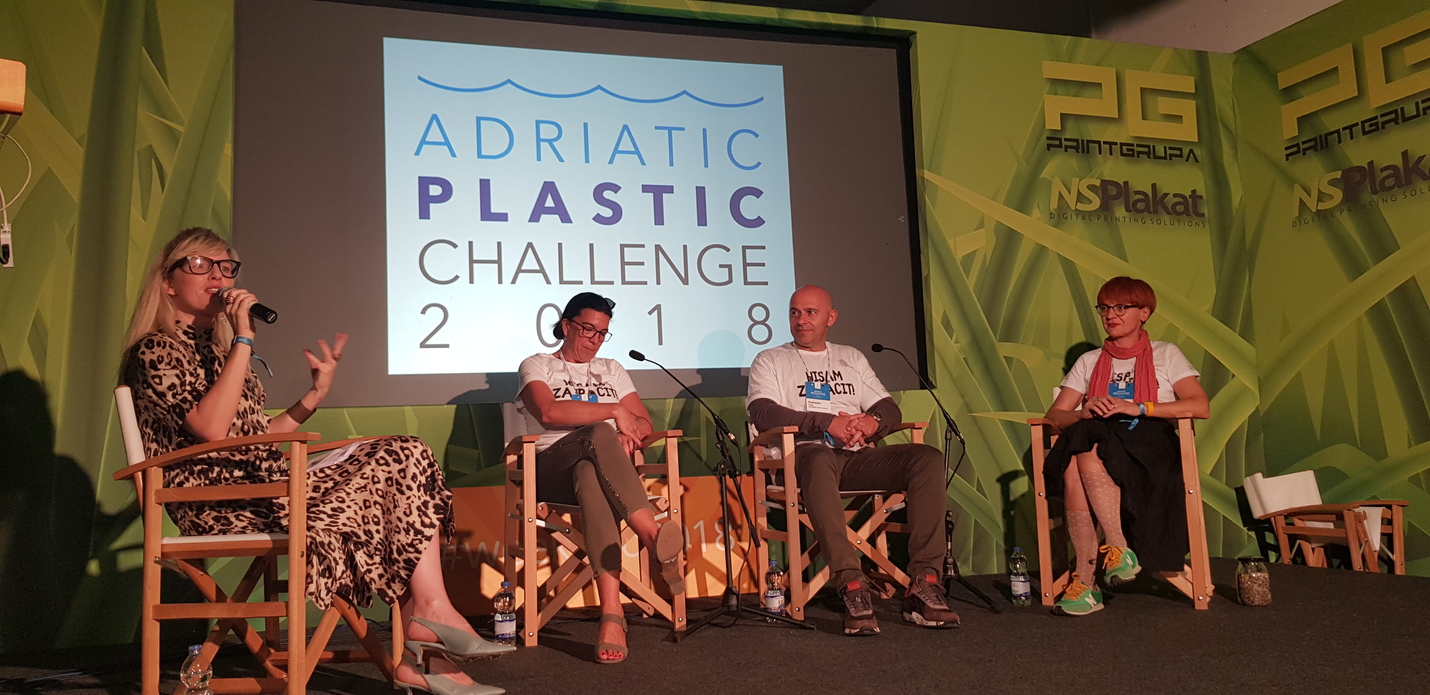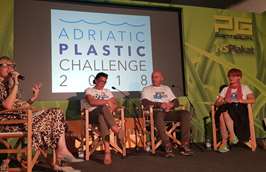22.09.2018.
Energy efficiency and environmental sustainability are the cornerstones of this paradigm, which can be applied to all aspects of life.
“Economy savings, resource and energy savings, new jobs, and contributing to the mitigation of climate change sum up the main benefits of circular economy”, pointed out Director of the Fund Dubravko Ponoš, adding that “everything can be reused or used, and by recycling we have a minimal impact on our environment. For this model to be successful, education from the earliest age is of the utmost importance, as well as cooperation with the leading economic operators”.
The circular model provides a great chance for the development of the Croatian economy, mostly SMEs that were affected by the serious crisis in the last years. Among other things, circular economy includes the industry, business models, and daily habits that treat waste as a recoverable resource.
“Traditional life was all about taking, using up and discarding, while the circular model advocates going back to nature and reusing what has once been in use. In order to establish an integrated waste management system, we all have to make an effort, as well as prevent waste generation in the first place”, said vice dean for research and international cooperation at the Faculty of Geotechnical Engineering in Varaždin Aleksandra Anić Vučinić,PhD, Associate Professor.
The executive director of the association Terra Hub Croatia, Sandra Vlašić, presented the problem of plastics in the sea, as well as the way to change the current trends and the influx of plastics into the seas and oceans. “Every minute a truck full of plastics is unloaded into the sea because of our bad habits and behaviour patterns, production and consumption. Microplastics are found in many cosmetic products that are washed off and end up in the seas. Research predicts that in 2050 the seas could contain more plastics than fish!” warned Vlašić.
In 2018, the European Union adopted the new rules for turning waste into resources, stimulating innovation, and fostering the shift towards circular economy. There are already numerous positive examples across Europe of applying the principles of circular economy, and the European Union is rounding out and specifying in more detail the legislative framework for a successful implementation and application of the circular economy model as the linchpin of smart and sustainable growth within the Europe 2020 Strategy.









